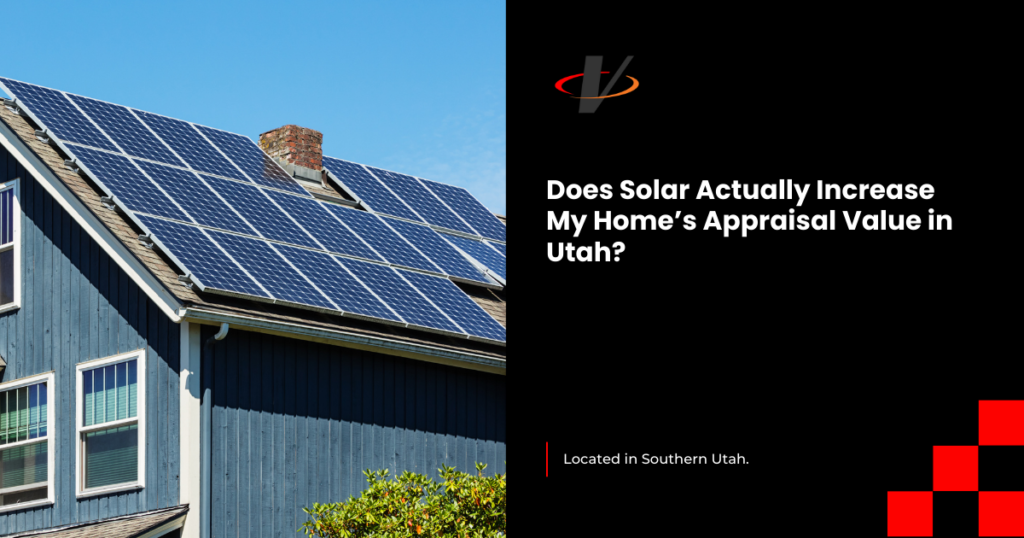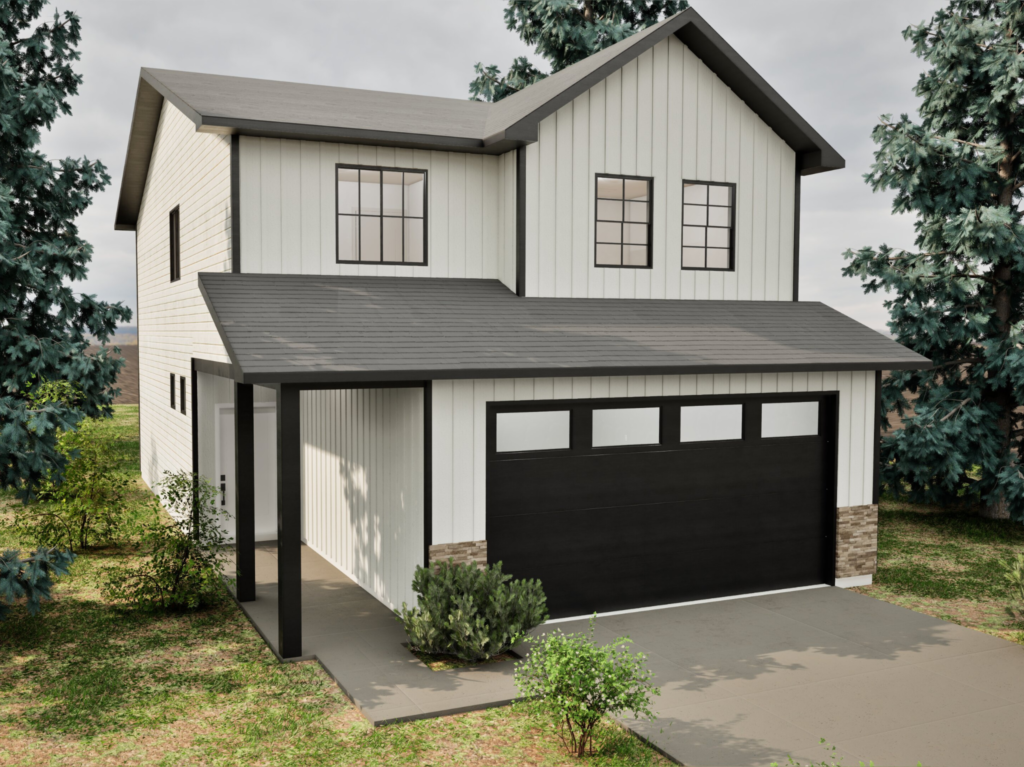
Solar power has become increasingly popular in Utah, driven by the promise of lower energy bills and environmental benefits. But when it comes to selling your home, many homeowners wonder: “Does solar actually increase my home’s appraisal value?” Unfortunately, the answer isn’t as straightforward as solar companies might lead you to believe. In fact, in many cases, solar panels don’t offer the financial boost homeowners expect. Let’s explore why solar installations in Utah may not necessarily lead to a higher home appraisal and could even pose challenges in the resale process.
The Overestimation of Solar’s Appraisal Impact
The idea that solar panels significantly increase a home’s value has been promoted by both solar installers and enthusiasts. However, the actual impact on appraisal value can vary greatly depending on several factors, and often, the increase is minimal.
Appraiser Inconsistencies: Appraisers in Utah and across the country often lack standardized guidelines for determining the value solar panels add to a home. While some appraisers may assign value based on energy savings, others may be hesitant to increase the appraisal by a significant margin. Without uniformity in valuation methods, your home’s appraisal could differ drastically depending on who evaluates it. Some studies suggest a potential value increase of 3% to 4%【insert reference link】, but this is far from guaranteed.
Market Variability: In Utah’s competitive housing market, solar panels may not be a deciding factor for many buyers. While environmentally conscious buyers may appreciate the feature, others may not see it as a priority. Some potential buyers might even be deterred by the panels if they are concerned about maintenance or the aesthetic impact on the home’s appearance. As a result, the presence of solar panels doesn’t always translate into a higher appraised value.
Potential Issues with Leased Solar Systems
One of the biggest challenges in using solar to boost your home’s appraisal comes when the panels are leased rather than owned outright. Many homeowners in Utah choose to lease their solar panels because it eliminates the upfront cost, but this can complicate the appraisal and sale process.
Transferability Issues: If you lease your solar system, the new buyer must either assume the lease or buy out the remaining contract. This added complexity can make your home less attractive to buyers, reducing its perceived value. In some cases, buyers may demand that you settle the lease before closing, meaning you may not benefit financially from the system at all.
No Asset Ownership: Leased panels are not considered part of the property since they’re owned by a third party. As such, they usually won’t contribute to the home’s appraised value, even though they still provide energy savings. If you’re relying on solar to help boost your home’s worth, leasing can be a significant drawback.
Resale Market Realities
Another issue to consider is the potential mismatch between the cost of installing solar and the value it adds to your home during resale.
Return on Investment (ROI): The cost of installing solar panels in Utah can range from $10,000 to $30,000 depending on the system size. While you might recoup some of this through energy savings, studies show that homeowners often don’t see a full return on their investment when selling their homes. The ROI on solar panels, in terms of resale value, is typically far lower than homeowners expect【insert reference link】.
Buyer Hesitation: Not all buyers see solar as a positive feature. While some buyers might be thrilled by the prospect of lower energy bills, others may be wary of the upfront costs associated with maintaining or repairing the panels over time. The need to replace the inverter or batteries, for example, can be a concern for buyers who aren’t familiar with solar technology. This hesitation can further reduce the impact of solar on your home’s appraised value.
Maintenance and Longevity Concerns
Solar panels aren’t a “set it and forget it” technology. Like any other feature in a home, they require maintenance and eventual replacement. These future costs can deter buyers and limit how much value appraisers are willing to attribute to the system.
System Degradation: Over time, solar panels lose efficiency. While most panels come with a 25-year warranty, their ability to generate energy typically diminishes each year. An appraiser may take this into account, particularly if the system is several years old, further reducing the potential value boost.
Potential Repairs: The inverter, a key component of any solar system, often needs to be replaced after 10 to 15 years. Buyers may see this as an additional expense down the road, making them less likely to pay a premium for a home with an older system. Additionally, if the roof needs repairs, panels may have to be removed and reinstalled, adding to the home’s upkeep costs—another factor that appraisers might consider when valuing the property.
Conclusion
While solar power offers undeniable environmental benefits and can reduce energy costs, its impact on home appraisal value in Utah is far from guaranteed. Appraisal inconsistencies, potential issues with leased systems, and the complexity of the resale market mean that solar panels often don’t add as much value as homeowners expect. If your primary goal is to increase your home’s worth, it’s essential to weigh the potential financial benefits of solar against the substantial upfront costs and the uncertainty of appraisal outcomes.
In short, installing solar panels doesn’t always equate to a higher appraisal value, and for some homeowners, the financial returns may fall short of the investment. Before moving forward with solar, carefully consider your long-term plans for your home and consult with a real estate professional to understand how solar may—or may not—affect your property’s value.
Did you know their are incentives for homeowners with solar? Checkout the Utah Energy Hub to learn more!
Ready to starting your home building journey?
Check out some of our new communities to see what we are currently building!



